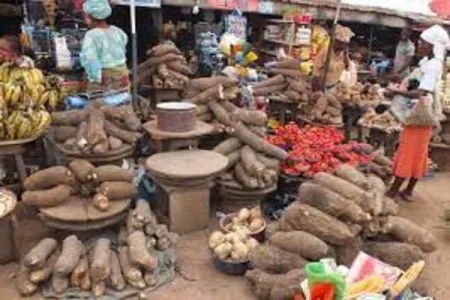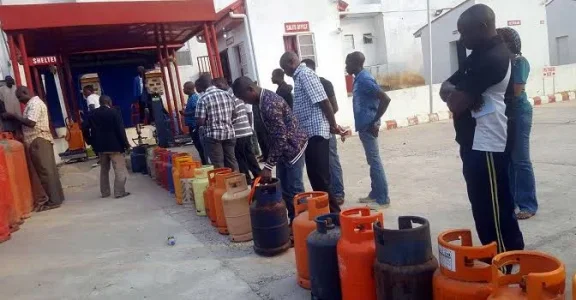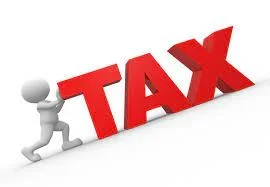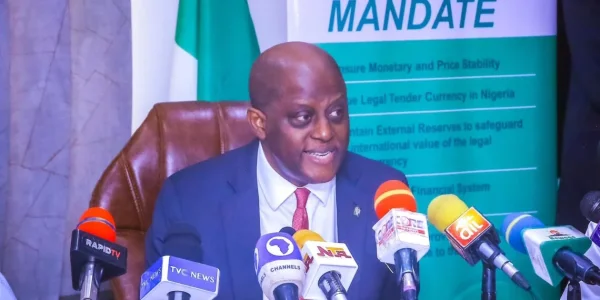
Despite the recent surge in the Nigerian Naira against major foreign currencies, prices of goods and services continue to soar, defying expectations of a downward trend. While the Naira gained significant ground against the US Dollar, reaching N1,060 per Dollar compared to a peak of N1,900 in February, market observations reveal persistent price hikes across various sectors. The National Bureau of Statistics (NBS) reported a further rise in inflation, with the headline rate reaching 33.2% in March, indicating a disconnect between exchange rate stability and consumer price levels. Financial analysts and economists caution against immediate relief, foreseeing continued price escalations in the coming months before any marginal stability sets in.
Experts attribute the ongoing disparity between exchange rates and consumer prices to several factors. Victor Chiazor, Head of Research at FSL Securities, emphasizes the time lag for exchange rate stability to translate into price adjustments, noting the immediate response of prices to upward shifts but sluggish downward adjustments. Structural issues, including high energy and transportation costs, exacerbate the price distortion, even amidst the Naira appreciation. Ayorinde Akinloye, an Economic and Investment Strategist, highlights the impact of goods imported at higher exchange rates, suggesting a 60-90 day time frame for cheaper imports to influence market prices effectively.
Gafar Bashiru, Senior Associate at Parthian Partners, underscores the complex interplay of factors delaying price reductions despite a stronger Naira. Businesses hesitate to adjust prices until currency appreciation is sustained, while inventory purchased at higher rates must be sold off before price reductions occur. Additionally, high transportation costs, insecurity, and speculative pricing further perpetuate price disparities. While signs of a slower rate of price increase emerge, experts stress the importance of fiscal policies to achieve sustainable price stability. Structural reforms, incentivizing local production, and addressing bureaucratic hurdles are deemed crucial in mitigating price volatility and fostering economic resilience.
Despite the optimistic outlook for gradual moderation in inflation, analysts caution against premature expectations, suggesting that significant declines may only materialize in the latter part of the year. With inflation identified as a lagging indicator, the effects of policy measures may not be immediately evident, underscoring the need for sustained efforts to address supply-side challenges and stimulate economic recovery. As Nigeria navigates through the inflation bottleneck, stakeholders anticipate policy coherence and strategic interventions to alleviate the burden on consumers and bolster long-term economic stability.
Source: Vanguard




